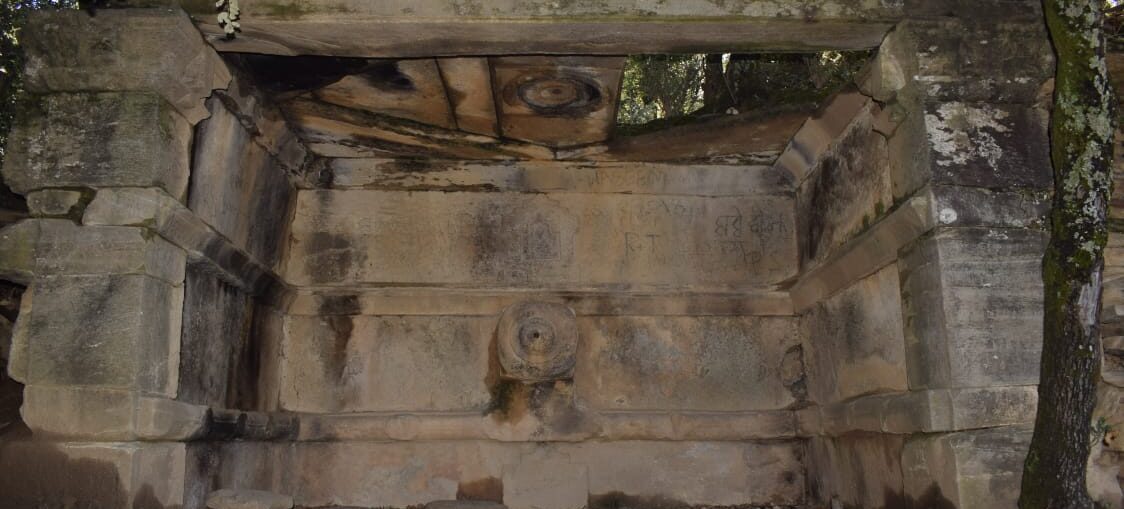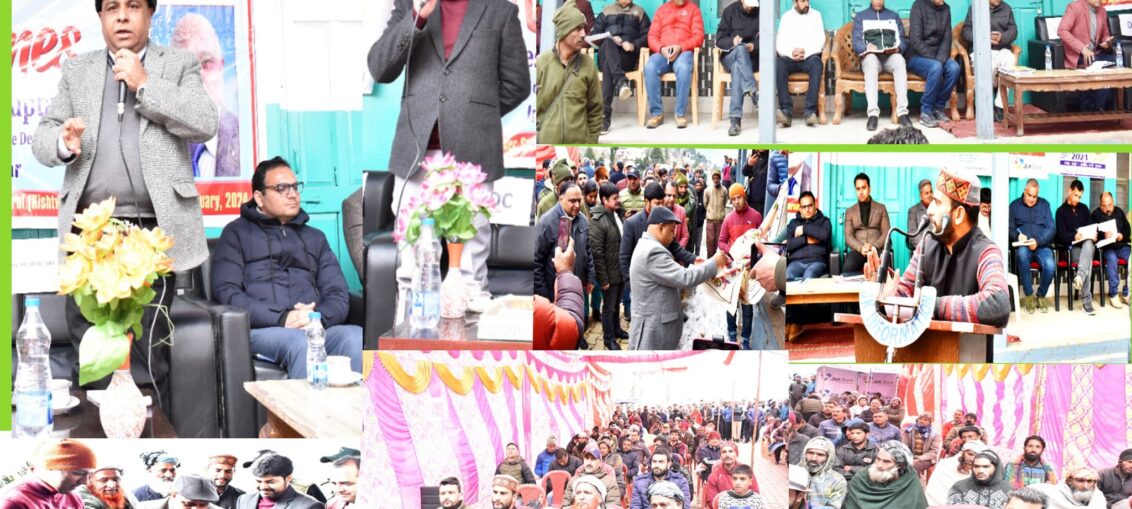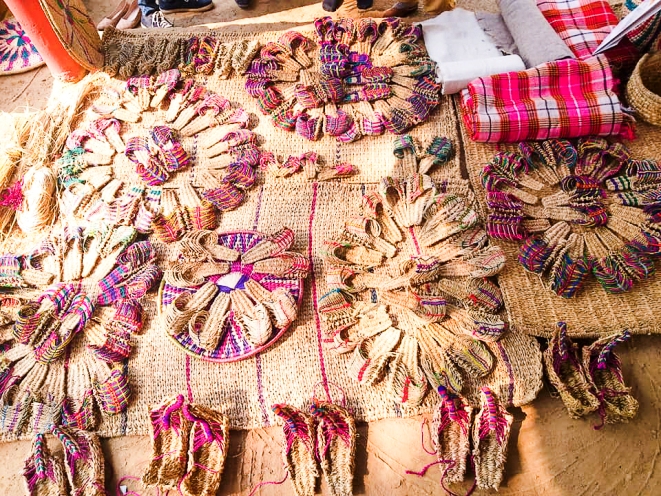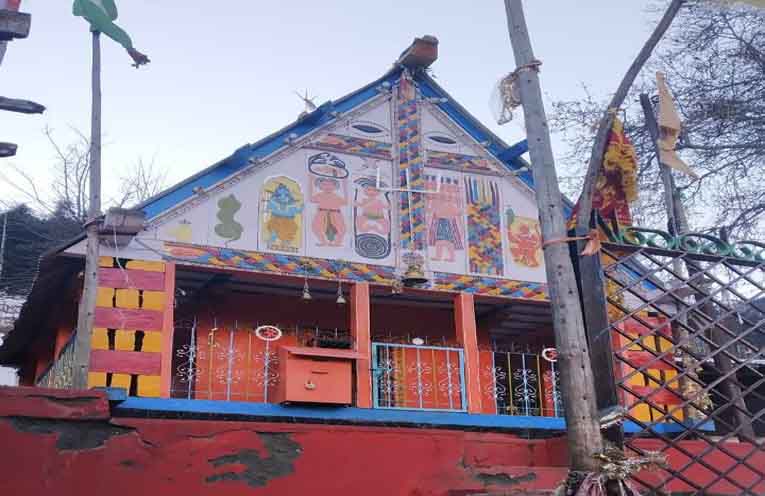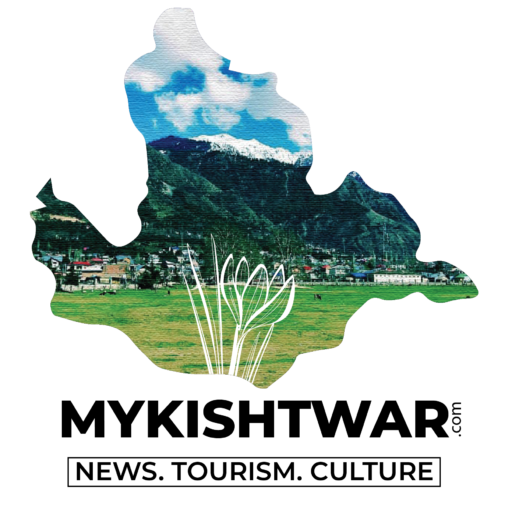BINDRABAN ARCHAEOLOGICAL SITE: PRESERVING THE CULTURAL LEGACY OF KISHTWAR Authored By: Anil Kumar Bhagat Kishtwar’s past is shrouded in mystery, making it extremely difficult to estimate the exact age of its history. The region of kishtwar is nestled amidst massive mountains and was previously covered in thick forest, poses significant challenges in
Culture
Principal Secretary, Suresh Kumar Gupta (IFS) listens to the people during the mega Public Darbar at Sarthal Kishtwar
Ecofriendly and beautiful: Kishtwar’s grasswork and handicraft community
Ecofriendly and beautiful: Kishtwar’s grass work and handicraft community A flute rendition, in the land of sapphire in Kishtwar. Amid serene rivulets and mountains, is the valley of Padder in Kashmir known for its enthralling beauty. Battling a rough terrain, a group of women over local folklore, weave something beautiful and
DC Kishtwar fine tunes the arrangements for hosting of 2-day cultural festival
Deputy Commissioner (DC) Kishtwar Ashok Sharma today reviewed the arrangements for the conduct of the Cultural Festival under the ‘Promotion of Traditional and Cultural Festivals of J&K” campaign here in a meeting at his office chamber. During the meeting, a threadbare discussion to fine-tune the arrangements was held for the successful
Handicrafts of Kishtwar star attraction at Surajkund Mela 2020
Holy Shesh Naag at Tatta Pani
Festivals
Festivals in Kishtwar are celebrated with great passion and joy. In Kishtwar, numerous numbers of festivals are celebrated. Three types of festivals are mainly celebrated in India such as National, Religious, and Seasonal. Each festival has its own significance and teachings. The major festivals are Dussehra, Kali Puja, Ganesh Chaturthi,
Cuisines
Heritage
Cultural heritage is the legacy of physical artifacts and intangible attributes of a group or society that are inherited from past generations, maintained in the present and bestowed for the benefit of future generations. Cultural heritage includes tangible culture (such as buildings, monuments, landscapes, books, works of art, and artifacts),
Literary Organizations of Kishtwar
1. Anjuman Taraqqi Adab:- This organization is the oldest literary organization of District Kishtwar. It is said that this organization was founded on the insistence of the Late Ishrat Kashmiri in 1935. At that time the late Ghulam Haider Gagroo, Qaiser Kishtwari was appointed its President while Nishat Kishtwari
